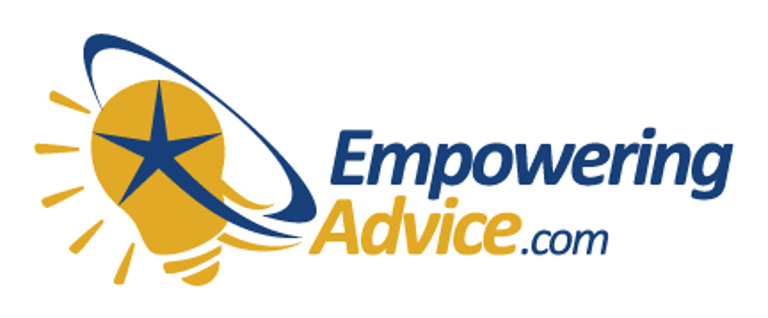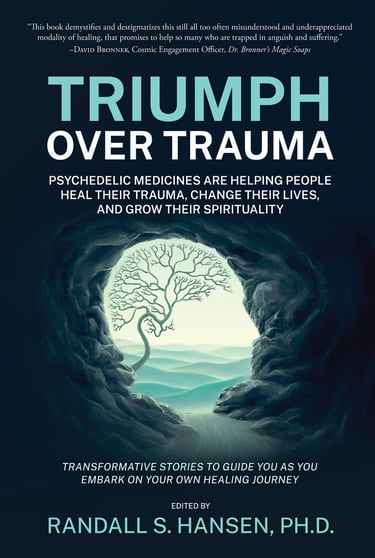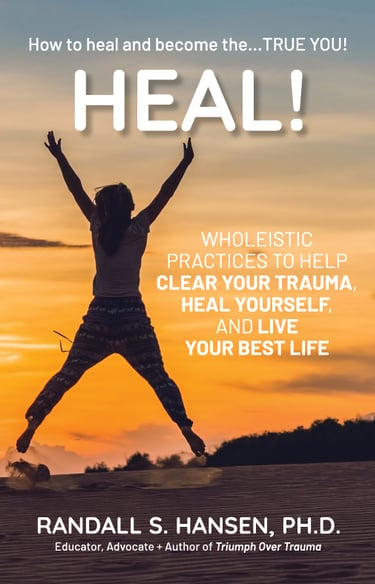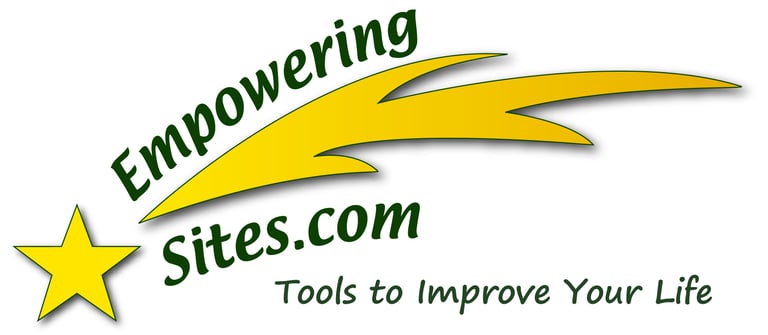Are the Chemicals in Your Home Killing You?
... or at least contributing to your ill health? Did you know there are somewhere between 500 and 1,000 chemicals and toxins lurking in your home, many known to be of health concerns?
A new study yet again shows that many common household products emit airborne toxins that can negatively affect health in many ways. The most recent study is from the Silent Spring Institute and the University of California, Berkeley, which found that dozens of different types of consumer products contain toxic volatile organic compounds (VOCs), chemicals that escape as gases and accumulate -- trapped in indoor air.
In order to facilitate healing and better health, please remove as many of the chemicals in your home as possible. You don't need to do it all at once if that's too disruptive, but for the sake of your health, you should proceed faster, if you can.
I don't know how much advertising you encounter, but I know with mine, toxic chemicals are perhaps the second most common ads I see -- after pharmaceuticals. I see ads for air fresheners, laundry soaps, dryer/fabric softeners, and household cleaners.
We're sicker than we have ever been before... we have more people suffering with allergies, breathing issues, headaches, birth defects, cancers, and more -- all coming from the chemicals we are using to "clean" our households.
Five Chemicals to Remove From Your House
1. Air Fresheners. The marketing is all about removing the cooking aromas, the bathroom odors, the pet smells, the stinky teen bouquet. Most of these "fresheners" contain volatile organic compounds (VOCs), benzene, formaldehyde, toluene, m,p-xylene, phthalates, and more. Scented candles are no better. Rather than using these artificial chemicals, consider using essential oils in a diffuser (or spray bottle). Essential oils are plant compounds; completely natural.
2. Laundry Products. How many chemicals are in your laundry soap? Do you also add a fabric softener? What about with your dryer? Fabric sheets or dryer beads? Choose a laundry soap brand such as Seventh Generation or Mrs. Meyer's instead of the mainstream brands, which often contain many toxic chemicals such as sulfates, synthetic fragrances, dioxane, nonylphenol ethoxylate, and optical brighteners. Consider using wool dryer balls (scented with a few drops from an essential oil); we love them!
3. Household Cleaners. Have you bought into the marketing that you need a harsh chemical to clean that sink or remove that stain in your pots and pans? Get rid of the harsh "stain fighters." Many stains and issues can be solved with lemon essential oil, white vinegar, hydrogen peroxide, and/or baking soda -- as well as natural brands. (Learn more here.)
4. Bathroom Products. So many chemicals lurking in the bathrooms across the world! Besides what we might be using to clean our sinks, toilets, and floors, our soaps and shampoos are contain chemicals -- and then we also have the "removal" products we use for makeup, nails, etc. Just shampoo alone has a variety of dangerous chemicals, including: sulfates, parabens, phthalates, formaldehyde, dimethicone, retinyl palmitate, toluene, silicone, and imidazolidinyl.
5. Volatile Organic Compounds (VOCs). Did you know there are potentially dangerous fumes released into the air (AKA off-gassing) by thousands of consumer products -- such as paint, cleaning supplies, building materials (carpeting, insulation), furniture, and cosmetics? And the more "sealed up" your home? The more dangerous. Short and long-term exposure to these chemicals can cause a variety of health problems -- including eye, skin and throat irritation; headaches and nausea; cancer, and liver, kidney, and nervous system damage. When possible, purchase products certified low or no-VOC.
Final Thoughts on a Healthier Home
During the days of nice weather, assuming you have windows you can access and open, one of the best things you can do is let nature's breezes refresh the air in your home.
Another good option is adding a selection of "healing" plants that will assist in filtering the air in your home, such as aloe vera, spider plants, and others. If plants are not your thing, consider using a high-quality HEPA air purifier.
What about the water you drink? Especially if you are on community water, you might want to get it tested and/or use a good filter system, such as a Berkey Water Filter. (Tap water contains more than 300 chemicals and pollutants, according to the Environmental Working Group.)
And if you have a lawn or garden? Stop using those chemical pesticides and fertilizers.
Have a pool or hot tub? Please stop using cholerine and other harsh chemicals!!
Finally, you may want to also evaluate the pots and pans you use for cooking, as many nonstick products contain chemicals that release into the foods.
Additional Resources/Information on Creating a Healthier Home
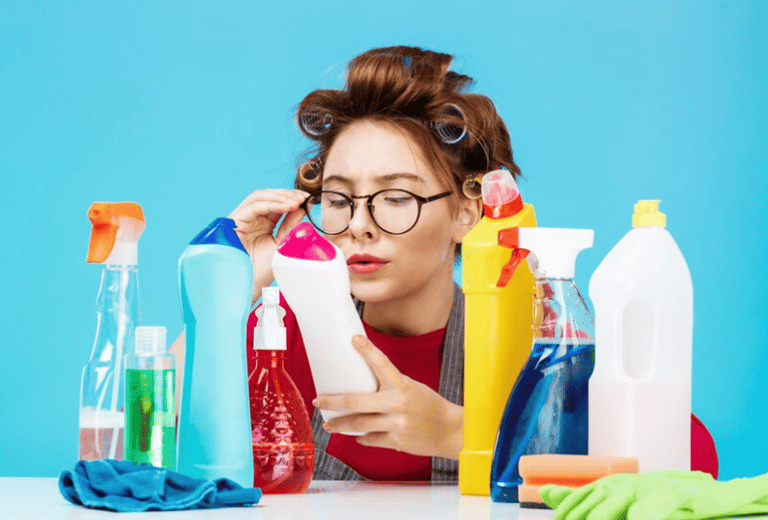

Dr. Randall Hansen is an advocate, educator, mentor, ethicist, and thought-leader... helping the world heal from past trauma. He is founder and CEO of EmpoweringSites.com, a network of empowering and transformative Websites, including EmpoweringAdvice.com.
He is the author of the groundbreaking Triumph Over Trauma: Psychedelic Medicines are Helping People Heal Their Trauma, Change Their Lives, and Grow Their Spirituality and the well-received HEAL! Wholeistic Practices to Help Clear Your Trauma, Heal Yourself, and Live Your Best Life.
Dr. Hansen's focus and advocacy center around true healing ... healing that results in being able to live an authentic life filled with peace, joy, love. Learn more by visiting his personal Website, RandallSHansen.com. You can also check out Dr. Randall Hansen on LinkedIn.
